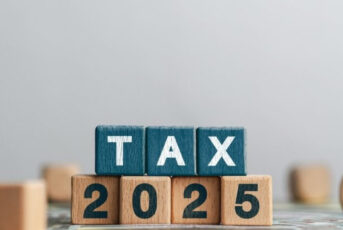written by Matthew Crisafulli, EA
Just because your credit card is in your possession doesn’t mean it can’t still be stolen.
I recently checked my accounts on Mint.com and noticed a $65 fraudulent credit card charge to a store that sells clothing for teenage girls. My daughter is 9 months old and doesn’t quite have the dexterity or savviness to take my credit card yet, so I knew something fishy was going on. Oddly enough, there was a subsequent credit for the exact amount of the charge, so I actually wasn’t charged anything at all. Regardless, I didn’t authorize either transaction, so I immediately called my bank and cancelled the card. Canceling and reordering a credit card is a relatively easy process, but more importantly, it is absolutely necessary when there is fraudulent activity.
You may be surprised that the charge was credited back, but this kind of activity or even one dollar charges are how credit card thieves test out cards to see if they are open before making larger purchases. Thieves know that most credit card holders don’t monitor their accounts closely (if at all) and because of this, can usually get away with the theft(s) before the account holder or bank even notices.
While many banks have a policy that the account holder is responsible for the lesser of $50 or the amount of the fraudulent charge, I have never heard of any credit card company actually assessing that fee. Credit card companies understand that you have a lot of choices in who you charge with so in most cases are eager to accommodate.
To prevent credit card fraud, the best offense is a good defense. The easiest thing you can do to prevent credit card theft is to monitor your cards and accounts regularly. The sooner you catch fraudulent activity the easier it will be to reverse and the less damage it could have on your overall credit.









